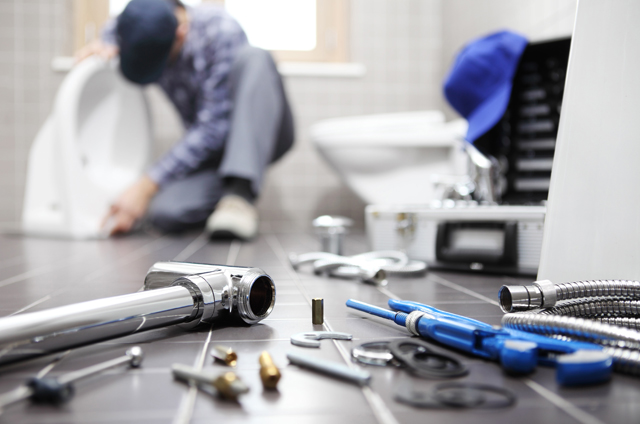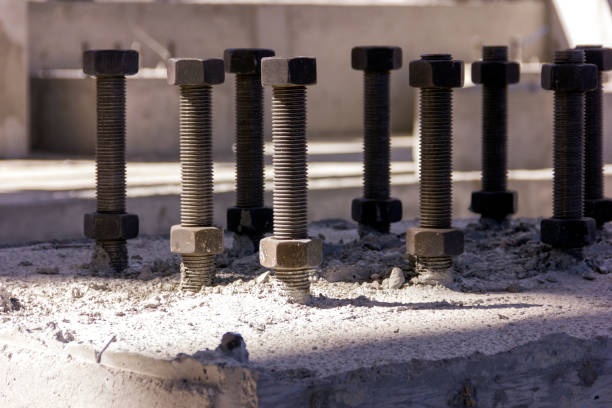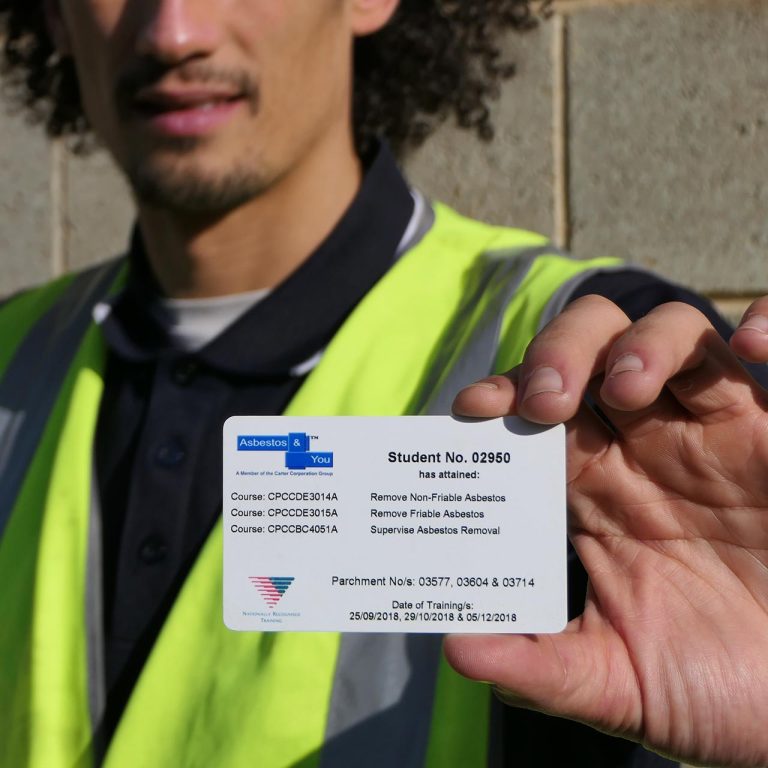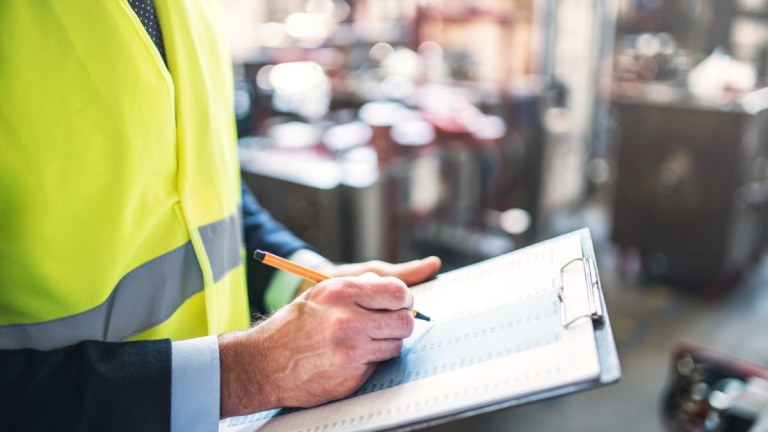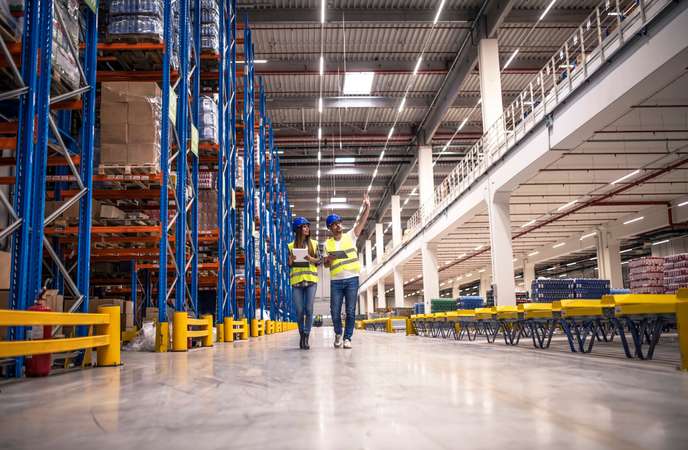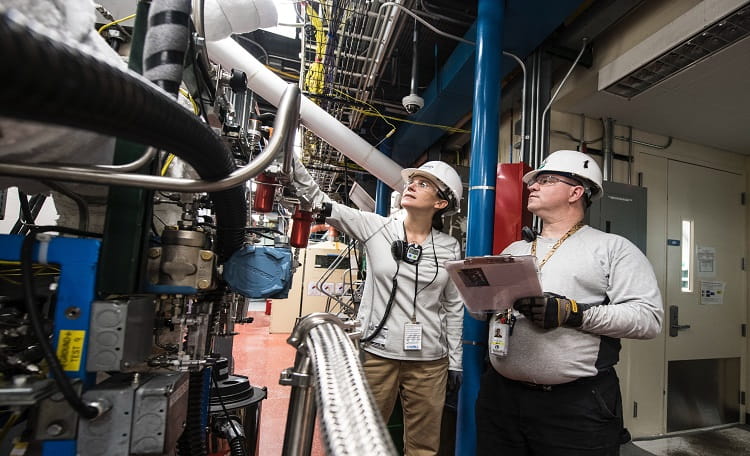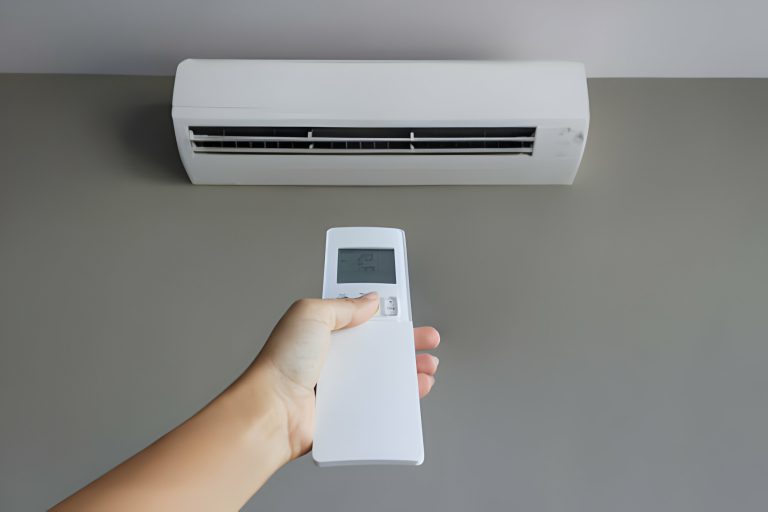How to Address Plumbing Issues in Commercial Buildings
Commercial plumbing refers to the set of pipes, fixtures, and drainage systems that supply water and remove waste from commercial buildings. A commercial plumbing system is more complex than a residential plumbing system and is also subjected to greater usage. Due to the high volume of use, commercial plumbing systems are more prone to wear and tear, which often leads to plumbing issues.
Some of the most common plumbing issues that occur in commercial buildings are clogged drains, burst pipes, damaged water heaters, and fixture problems. These issues can be frustrating and can cause significant damage if left unaddressed for long. Therefore, it is crucial to address them promptly.
Causes of Plumbing Issues
There are several reasons why plumbing issues occur in commercial buildings. Some of the most common causes of plumbing issues are:
Wear and Tear due to heavy usage
Commercial plumbing systems are subjected to heavy usage, and over time, this can cause wear and tear of the pipes and fixtures. Wear and tear often result in clogs, leaks, and other plumbing issues.
Poor maintenance
Regular maintenance is essential to ensure the smooth functioning of a commercial plumbing system. If regular maintenance is not performed, plumbing issues are more likely to occur.
Corrosion and Rust
Corrosion and rust are common issues that affect the pipes and fixtures in a commercial plumbing system. Corrosion can lead to leaks, while rust can cause blockages that result in clogs.
Water Pressure issues and Temperature fluctuations
Water pressure issues can cause problems such as leaks, while temperature fluctuations can damage water heaters and other fixtures.
Diagnosing Plumbing Issues
To address plumbing issues in commercial buildings, it is essential first to identify the cause of the problem. There are several ways to diagnose plumbing issues. This includes conducting regular inspections, observing the signs of plumbing issues, and seeking professional help.
Conducting regular inspections and repairs
Regular inspections are essential to identify potential plumbing issues before they turn into major problems. During an inspection, a plumbing professional will check the pipes, fixtures, and drainage systems for signs of damage or wear and tear.
Identifying Signs of Plumbing Issues
Some of the signs of plumbing issues include low water pressure, slow drainage, unpleasant odors, and the presence of mold or mildew. If any of these signs are observed, it is crucial to address the issue immediately.
Professional Plumbing Inspections
Professional plumbing inspections are recommended every few years. During these inspections, a plumbing professional will inspect the plumbing system thoroughly and identify any potential issues before they become major problems.
Types of Plumbing Issues and Fixes
There are several types of plumbing issues that can occur in commercial buildings. Each type requires its own type of repair or fix.
Clogged Drain and Sewer Lines
Clogged drains and sewer lines are a common issue in commercial buildings. They can cause backups and flooding, which can lead to significant damage. To fix this issue, a plumbing professional will usually use a drain snake or hydro-jetting.
Leaks and Pipe Damage
Leaks and pipe damage can cause significant water damage and can lead to mold growth if left unaddressed. To fix this issue, a plumbing professional will usually repair the damaged pipe or fitting or replace it entirely if necessary.
Water Heater Issues and Repairs
Water heater issues are common in commercial buildings and can cause significant inconvenience to employees and customers. To fix this issue, a plumbing professional will usually repair or replace the damaged component or the entire unit.
Toilet and Fixture Problems
Toilet and fixture problems can include issues such as low water pressure, leaks, and blockages. To fix these issues, a plumbing professional will usually repair or replace the damaged component.
Preventive Measures
Preventive measures can help to reduce the occurrence of plumbing issues in commercial buildings. Some of the preventive measures that can be taken include:
Design and Installation of High-Quality Plumbing Systems
A high-quality plumbing system is less likely to develop issues. Therefore, it is crucial to design and install a high-quality plumbing system in commercial buildings.
Regular Cleaning and Maintenance
Regular cleaning and maintenance are essential to ensure the smooth functioning of a commercial plumbing system. This includes cleaning out the drains, flushing the water heater, and checking for signs of wear and tear.
Educating Employees and Tenants
Educating employees and tenants on proper plumbing usage can help to prevent plumbing issues. This includes teaching them not to flush non-degradable materials down the drain, not to pour grease down the sink, and turning off the taps after use.
Installing Water Filters and Softeners
Water filters and softeners can help reduce the buildup of sediment and minerals, which can lead to clogs and other plumbing issues.
To read more about this topic, check out previous blog post at The Benefits of Green Repairs for Commercial Buildings
For more general information on building then please visit: https://www.building.vic.gov.au/
Plumbing issues can cause significant problems in commercial buildings. Therefore, it is crucial to address these issues promptly to prevent water damage, decreased productivity, and unhygienic conditions. By taking preventive measures and conducting regular maintenance, you can reduce the occurrence of plumbing issues and ensure the smooth functioning of your commercial plumbing system.

